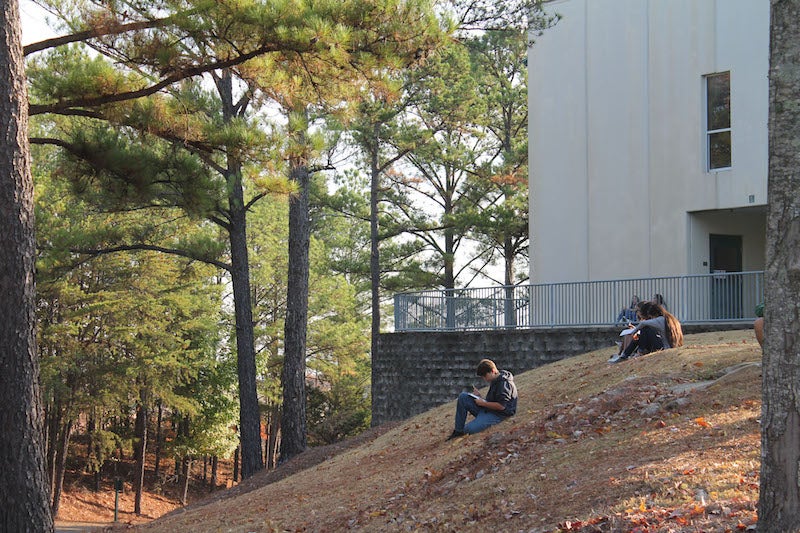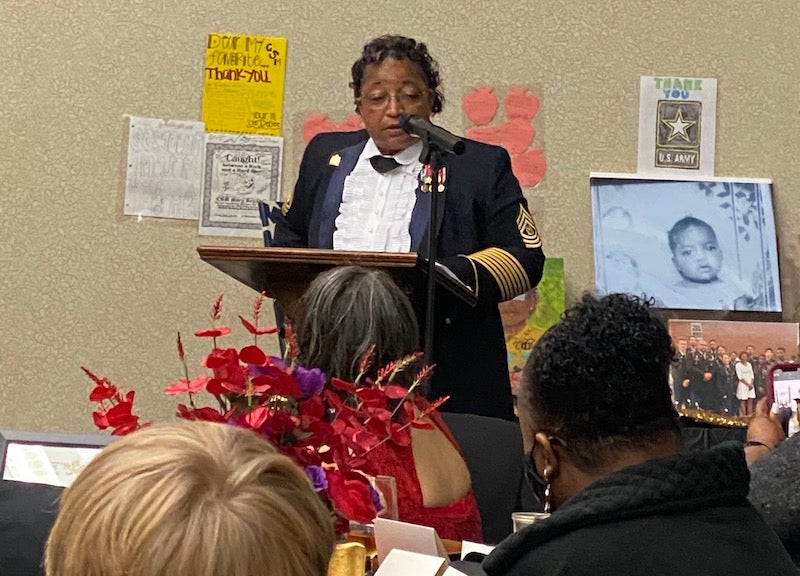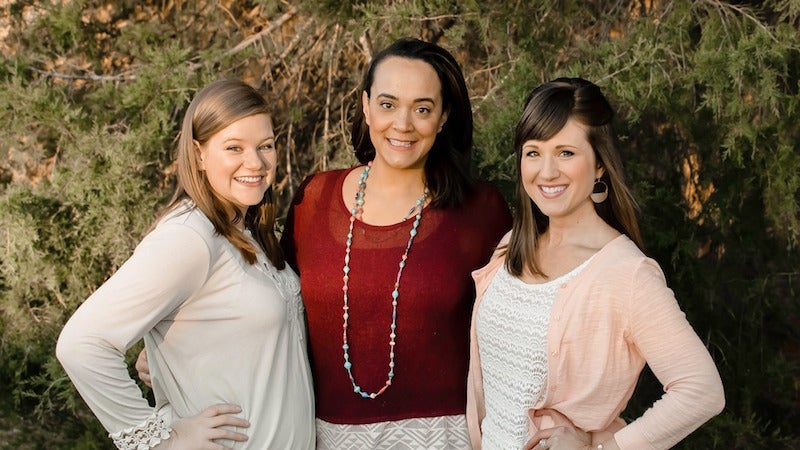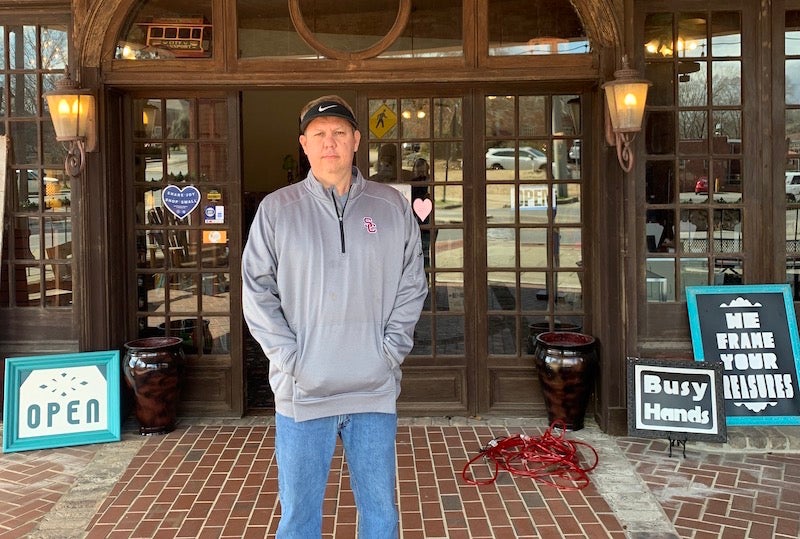Academic vocabulary connects writers and their readers
Published 4:48 pm Thursday, December 22, 2016

- Haiku-writing creative writers take to the outdoors searching for exactly the right words to recreate nature on paper. (Contributed)
By CONNIE NOLEN / Community Columnist
“Our education system in this state sucks,” Alabama’s Gov. Robert Bentley stated during a recent speech. The audience reacted with startled laughter and applause. Since the event was a luncheon, probably no public school students or teachers were attending. Public school students and teachers were working fiercely with few state-provided resources—at school. Bentley’s verb choice is offensive.
“So, if my characters say curse words, is that okay?” My creative writing students ask and I offer solutions.
My standard response is, “Dig deeper. Find specific words that capture the characters’ frustration, angst or surprise. Use words that invite your readers in. Avoid words that injure or insult causing readers to raise immediate shields. Insults destroy your opportunity to influence.”
Sending email reveals these language lessons. An email sent as communication containing a word that offends the recipient destroys connection. Speeches are similar. Sent by our voices into a room, we receive reaction—immediate and delayed.
As a high school writing teacher, I urge my students to use academic vocabulary. While using large words for the sake of using large words reveals only knowledge of—well—large words, using specific vocabulary to create what poet Marianne Moore called, “imaginary gardens with real toads in them” reveals discerning understanding of subtle differences and emotions created by word choice. Vocabularies that allow student writers to find words to share subtlety allow them true connection with readers.
“We read to know that we are not alone,” C.S. Lewis said. Indeed, when our effective reach for exactly the right word transports our readers, taking them along with us, magic has transpired. We’re connected; we’ve joined the team.
Considering our governor’s insulting word choice, his remarks about public education feel like a direct assault on Alabama’s public schools, parents, students and teachers. My students—past and present—are productive and ambitious. They’re winning scholarships, attending college and graduate schools, and becoming influencers. They’re speaking and writing in ways that invite collaboration.
Strong public schools invite new industry creating a strong economy. True success requires putting personal agendas aside—and putting all students first.








